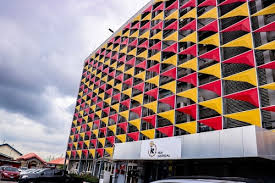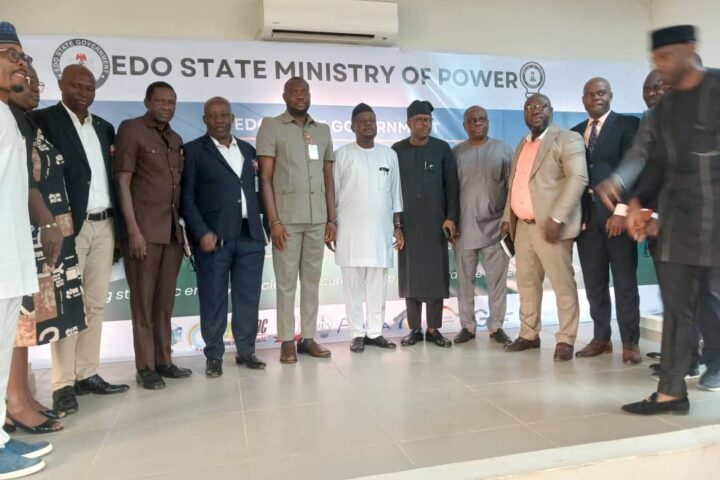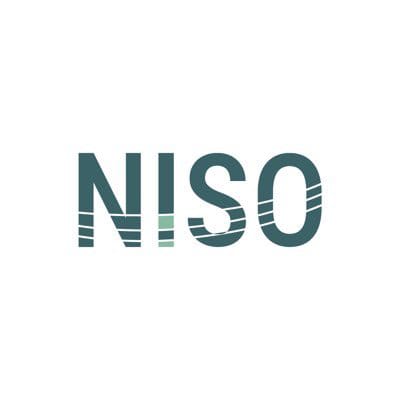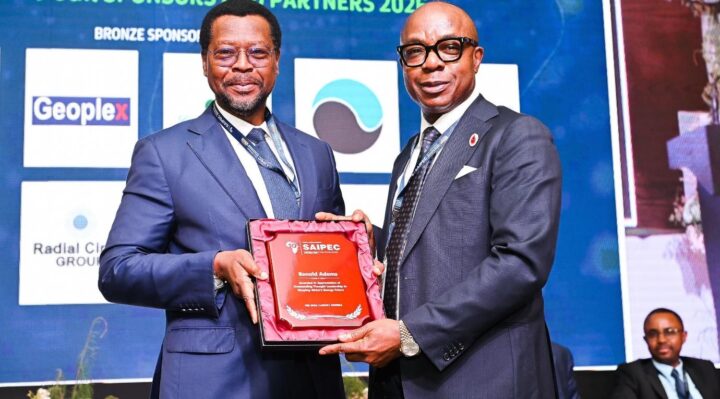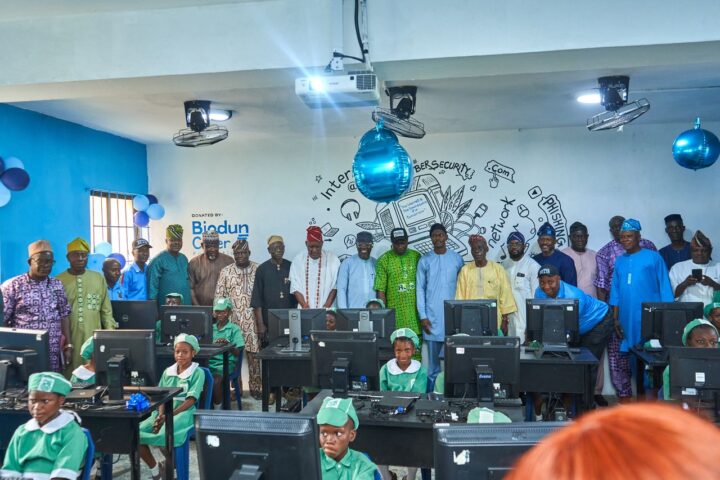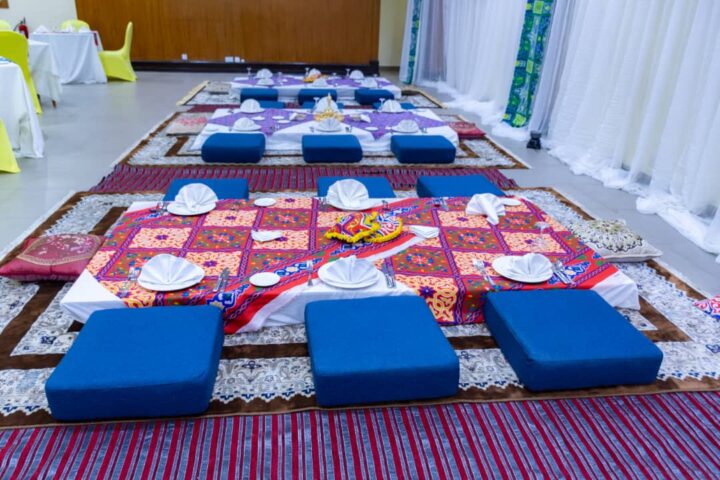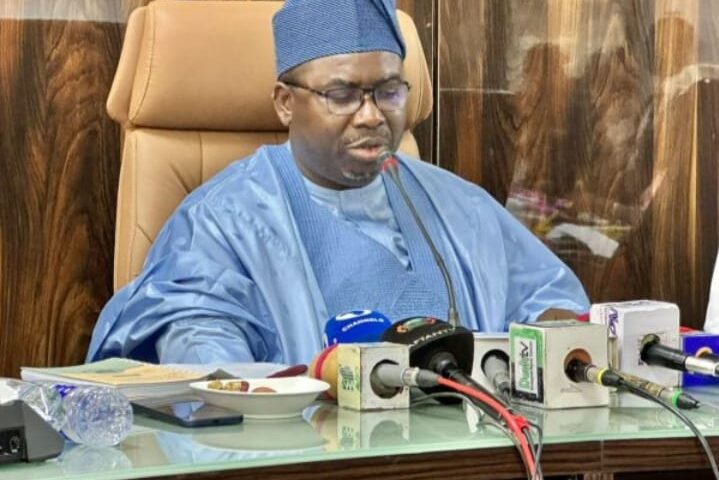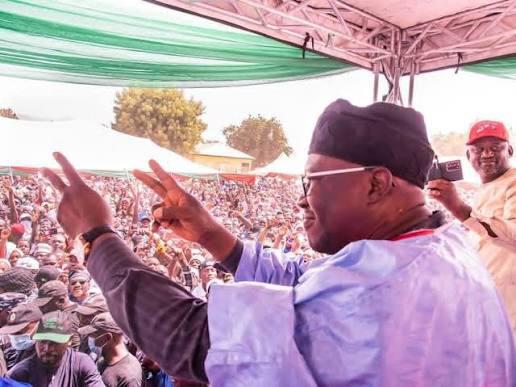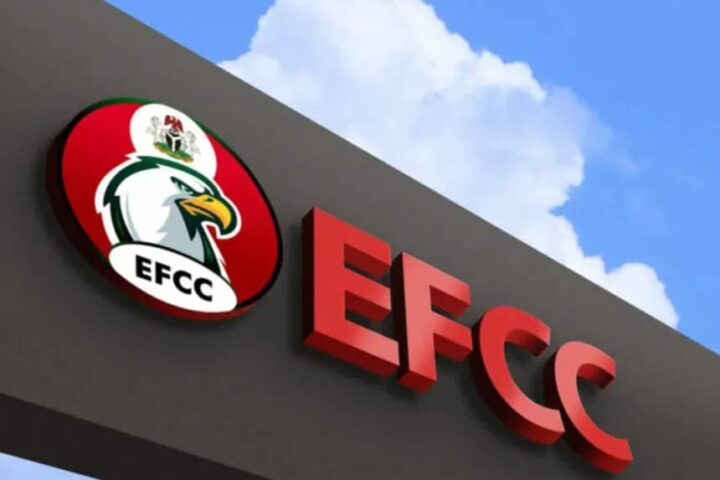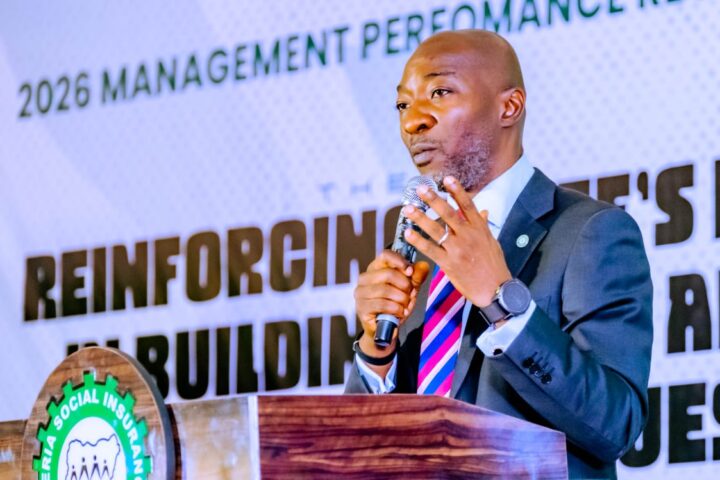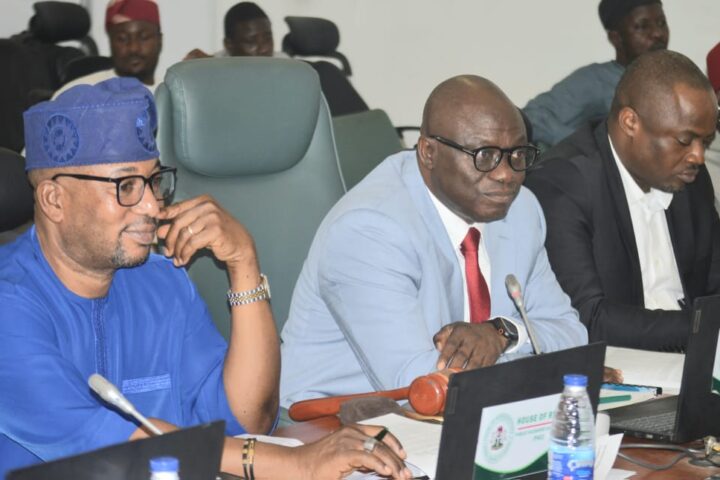Mohammed Shosanya
Akinola,Ogundimu and Aboru-Estate Communities in Lagos have faulted the recent tariff increase by the Ikeja Electric,saying they will mobilize others to protest the astronomical adjustment in the cost of electricity.
They claimed the power company adjusted the tariff from N68/kWh to N227/kWh on September 1, 2024.
They expressed commitment to resisting peacefully the outrageous electricity tariff/billing through continued mobilization and sensitization
They communities added that they link up and partner with other communities to build a bigger movement to achieve stable electricity supply to all and at affordable rates.
Expressing these in a petition addressed to the Chief Executive Officers (CEO) Ikeja Electric Plc, Chairman, Nigerian Electricity Regulatory Commission (NERC) and the Minister of Power,the communities,told Ikeja Electric to revert the Band A tariff to N68/KWh or revert to Band B.
A copy of the petition was obtained by Premium News,and quoted the embattled communities as imploring the power company to Issue prepaid meters to all apartments for free as well as provide transformers and other facilities for free.
The communities rejected the position of Ikeja Electric (Mr Abayomi Gabriel Bolorunde) which suggests that the way out of this difficult situation is for consumers to manage electricity consumption by reducing consumption or usage.
They also rejected the notion that people waste electricity because the tariff is cheap.
They said:”We have concluded that the high tariff will only reduce electricity consumption to the barest minimum far below what is needed. This is the only explanation for the data released by Mr Abayomi Gabriel Bolorunde stating that the load on some transformers have drastically reduced from 90% to 35% after they were put on Band A.
“This means customers on Band A have been forced to reduce electricity consumption by switching off gadgets when needed to survive the provocatively high electricity tariff”
They lamented that since the privatization of the power sector in November 2013, the private power companies have not invested significant funds to develop the sector.
They added:” The installed capacity is about 14,000MW. In the past, we have mostly generated and distributed about 2500MW and that explains the reason many communities were in blackout. If the power companies and government were committed to generating and distributing the installed capacity (14,000MW), almost half of our electricity needs would have been met as Nigeria requires about 33,000MW to guarantee stable and uninterrupted electricity. What is now required is a massive investment to generate, transmit and distribute 33,000MW or more to guarantee stable and affordable electricity to all.
“Connected to electricity tariff and pricing is the price of gas sold to the Nigerian power sector market. Gas is significant to tariff/pricing because it is what fuels the power plants. We strongly feel that if gas is sold at a reduced price of $1/MMBTU or lower compared to the present international market price of $ 2.42/MMBTU, the cost of electricity generation will fall drastically and will make the tariff cheaper and affordable.
“There is no economic sense in selling gas at an international market price to a Nigerian economy whose people (133 million Nigerians) have low purchasing power and have been crushed into multidimensional poverty.
“Besides,it does not make any economic sense to subject electricity pricing to foreign exchange rates because electricity is not an imported commodity. The minimum wage in Nigeria is N70,000 (yet to be widely implemented) and it amounts to squeezing blood from the stone to expect Nigerians with low purchasing power to pay for electricity just like citizens in the advanced/industrialised economies wherein the standard of living and purchasing power is far higher.
“The implication of subjecting electricity tariffs to foreign exchange rates and the price of gas sold at international market rates is that the already outrageous Band A tariff (N227/KWh) will continue to rise with no end in sight and huge subsidy claims continue. At an increasingly high rate, only the extremely few wealthy Nigerians will access electricity while the vast majority will be denied electricity.
“Segregating Nigerians into different strata (Bands) for determining electricity supply and tariff is a replication of apartheid-styled service delivery. There is no justification for different Bands in a country wherein affordable and stable electricity is supposed to be a right. The power sector was built by public funding. There was no segregation when Nigerian tax payer’s money was used to build the power sector and it is not correct to introduce segregation when supplying electricity’.
According to the communities,the overall objective for the regulators (NERC) and power companies is to use high tariffs and billing to drastically reduce electricity consumption within the current installed capacity while making huge profits.
They said,on paper,it amounts to supplying electricity to all Nigerians but in reality, many will be disconnected or denied access to electricity and will make electricity the exclusive preserve of the rich.
To develop the Nigerian economy,they said there should be massive investment in key sectors of the economy including the power sector to ensure electricity tariff/billing is affordable.


